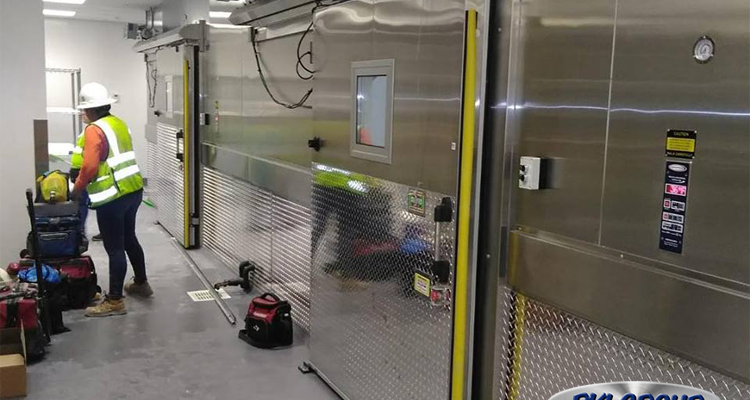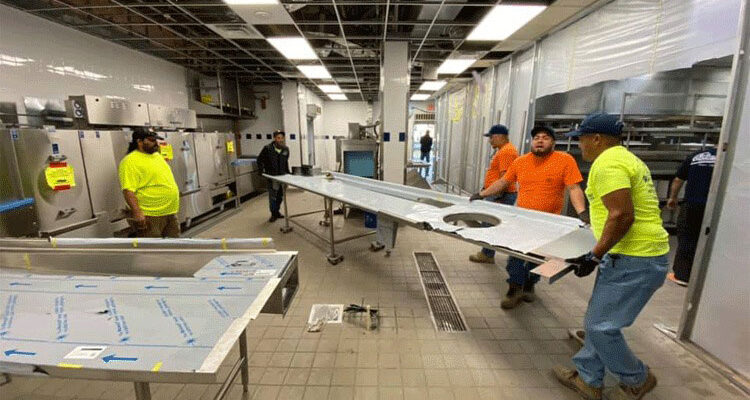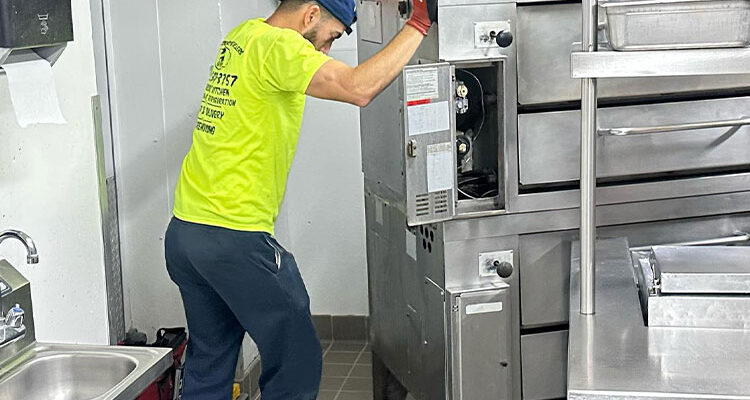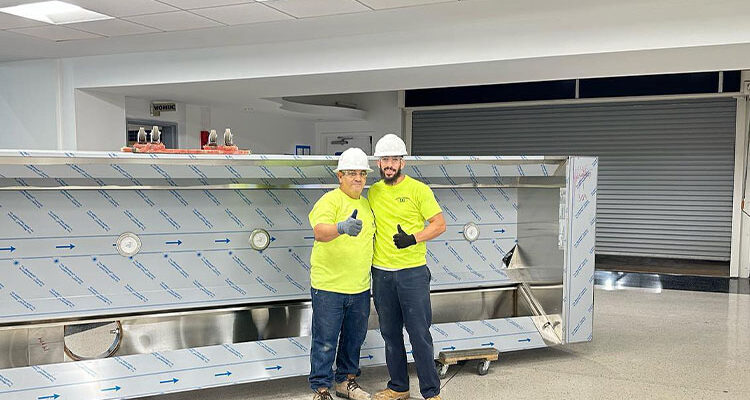Refrigerators are basic storage units that are imperative to the functioning of commercial restaurants. Not only do they keep food and perishable ingredients safe, but commercial refrigeration units also prevent bacterial growth in food elements. There are specific guidelines and codes to be followed during commercial refrigerator installation.
Continue reading “Safe Restaurant Refrigeration Installation Florida”




